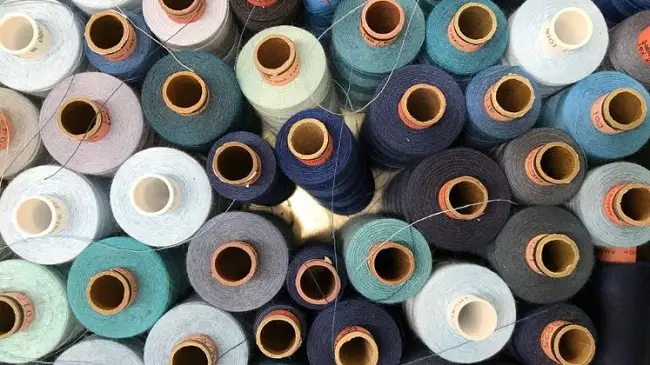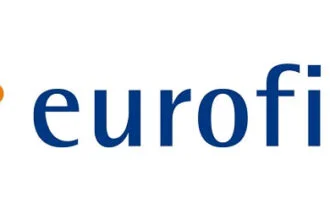As regulatory pressures intensify across the global fashion industry, the Manchester Fashion Institute (MFI) has unveiled Fashtrax, a groundbreaking digital compliance tool designed to guide UK fashion and textile businesses through the complex maze of environmental and transparency regulations.
Developed by the Textiles Transparency Team (MFITT) at Manchester Metropolitan University, Fashtrax is poised to become an essential resource for brands preparing for emerging legislative frameworks, including the EU Digital Product Passport (DPP) and other sustainability-related mandates.
At the core of Fashtrax lies the Compliance Navigator—a diagnostic engine that tailors compliance recommendations based on a company’s unique characteristics, such as business size, product category, and supply chain complexity. Although the full version is slated for release in late 2025, a trial with 20 industry partners is already scheduled for this summer.
The platform leverages data from the UKRI-funded Legi-Standards database, integrating more than 100 regulatory frameworks and 40+ environmental standards, helping businesses understand not just what to comply with, but how.
“Fashtrax is about making compliance accessible,” said Julie Hodson, project co-lead. “Many small and medium-sized fashion businesses struggle to navigate evolving rules, especially around sustainability. This tool gives them easy-to-use insights to stay compliant and competitive.”
Dr. Hilde Heim, co-founder of MFITT, added, “This is a strategic leap toward future-proofing UK fashion. With Fashtrax, brands can integrate transparency and innovation into their business models and prepare for the digitalization of the entire fashion supply chain.”
The initiative has garnered significant institutional support. Backed by InterAct—a network funded under the UK’s £7.29 million Made Smarter Innovation initiative—and endorsed by the UK Fashion and Textile Association (UKFT), Fashtrax is being closely followed by key industry bodies such as WRAP, the British Fashion Council, and the British Standards Institution (BSI). Plans are in motion to present the platform to the UK government’s Circular Economy Taskforce.
Beyond its regulatory utility, Fashtrax is already influencing policy, education, and academic collaboration. It has strengthened MFITT’s involvement in the SAFE Group’s supply chain transparency research and inspired new interdisciplinary partnerships focused on user-centric development.
By connecting industry, academia, and technology, Fashtrax offers not just a digital tool, but a strategic framework for sustainability-driven innovation in fashion—a much-needed compass in an era of rapid regulatory change.











